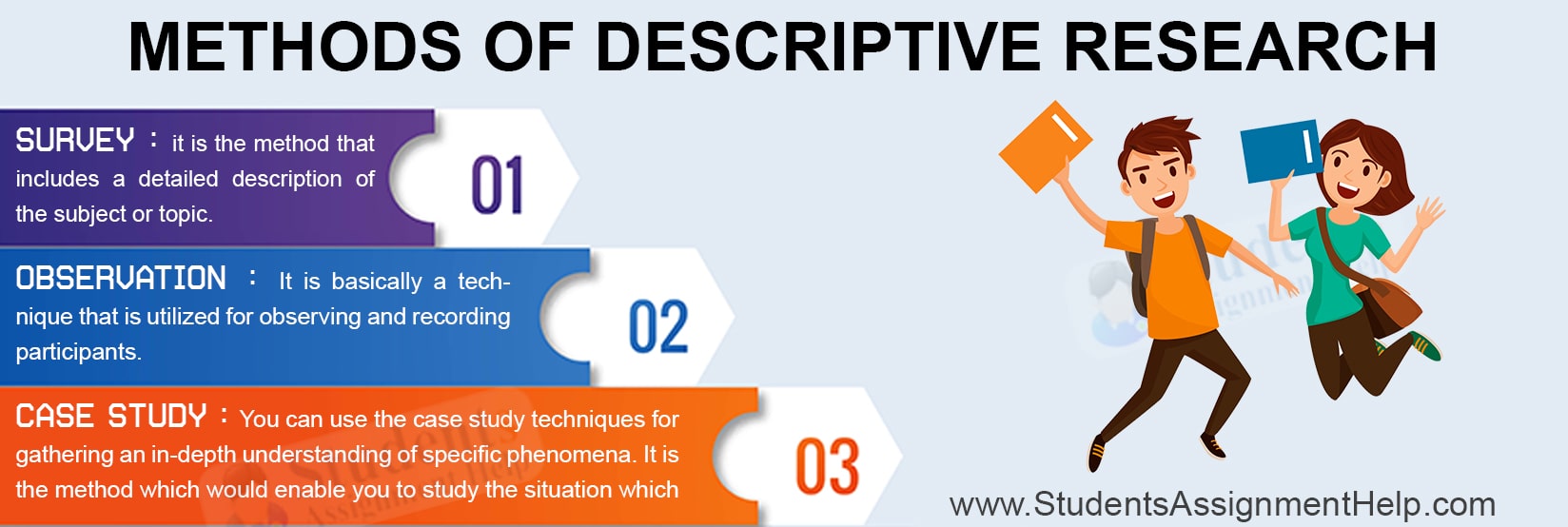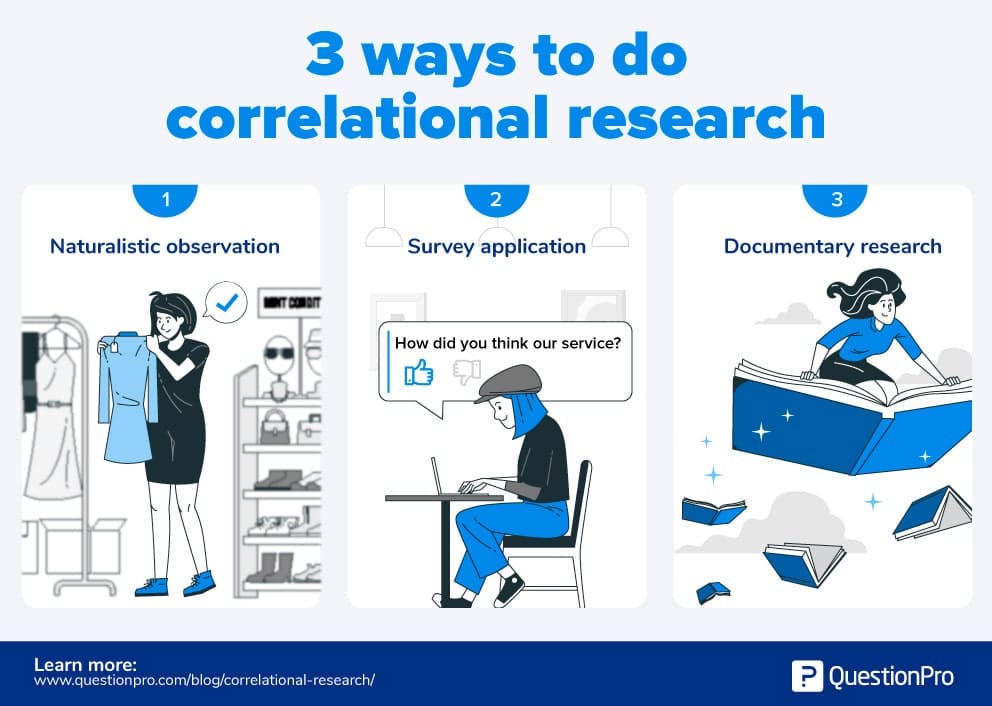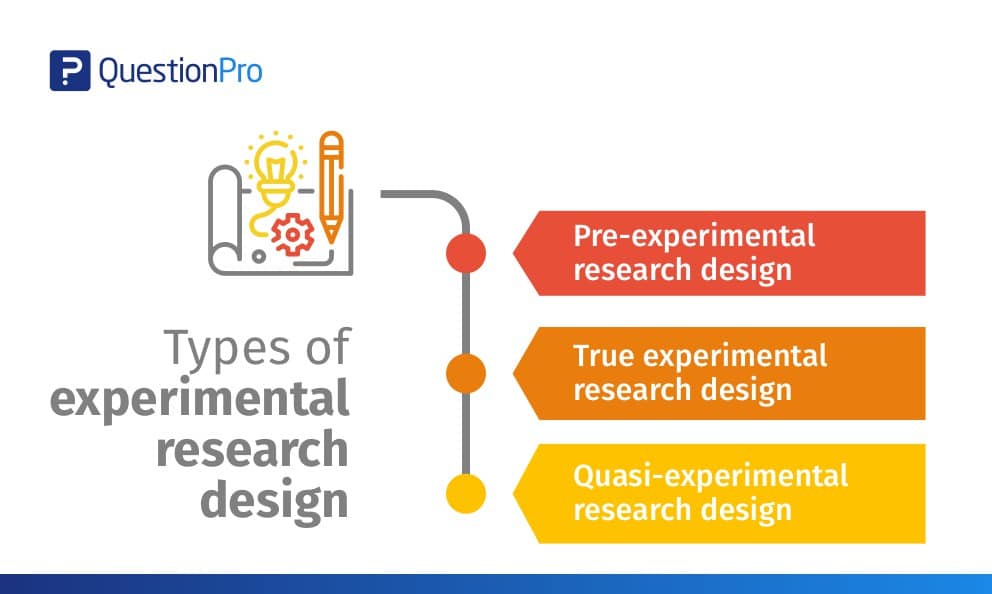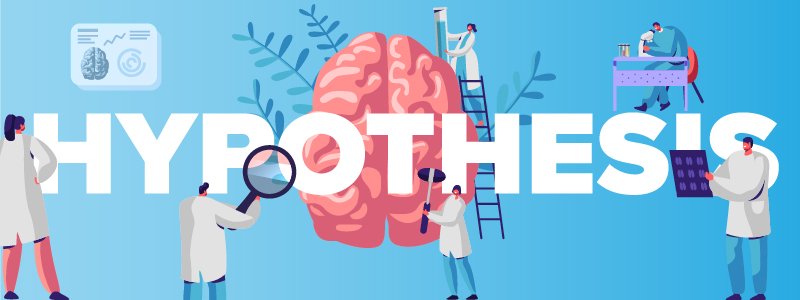SCIENTIFIC INQUIRY AND HYPOTHESIS
We know science known as form Latin scientia “Knowledge ” , is a systematic enterprise that builds and organizes knowledge in the form of testable explanations and predictions about the universe. It's a useful tool for comprehending the natural world. In this world , day by day human beings invent new theories ,items and facts by using scientific methods. Scientific method is an approach to seeking knowledge that involves forming and testing a hypothesis. Scientific method has some step to start method and there mainly use scientific inquiry and hypothesis testing.
SCIENTIFIC INQUIRY
Scientific inquiry refers to the diverse ways in which scientists study the natural world and propose explanations based on the evidence derived from their work. Inquiry also refers to the activities of students in which they develop knowledge and understanding of scientific ideas, as well as an understanding of how scientists study the natural world. Scientific inquiry includes the traditional science processes, but also refers to the combining of these processes with scientific knowledge, critical thinking and scientific reasoning to develop scientific knowledge.
Scientific inquiry can be seen to take several form:
- Descriptive
- Correlational
- Experimental
Descriptive research is the form of research that
often characterizes the beginning of a line of
research. This is the type of research that derives the
variables and factors important to a particular
situation of interest. The purpose of research in these
areas is very often simply to describe.
Correlational
research is research designed to discover
relationships among variables and to allow the
prediction of future events from present knowledge
Experimental research is research in which initial
equivalence among research participants in more
than one group is created, followed by a
manipulation of a given experience for these groups
and a measurement of the influence of the
manipulation.
Each of the three research designs
varies according to its strengths and limitations, and
it is important to understand how each differs
Scientific inquiry is the best approach we have to
understanding the natural world and predicting
natural phenomena. Evidence for this claim can be
found in the successes of science-based
technologies. Take medicine, for example. Prior to
the 1700s, most medical practices were based on folk traditions or on ideas promoted by religious
leaders. Some of these prescientific remedies
worked, but the process for discovering new
treatments was a slow and haphazard system of trial
and error. Ineffective treatments were often accepted
simply because there was no clear procedure for
evaluating them. Today, with science-based
medicine and public health practices, we have
gained unprecedented control over threats to our
health.
This video will explain scientific inquiry and method .
HYPOTHESIS
According to many fields , we can define hypothesis
testing by many ways . So scientific hypothesis , an idea that proposes a
tentative explanation about a phenomenon or a
narrow set of phenomena observed in the natural
world. A key function in this step in the scientific
method is deriving predictions from the hypotheses
about the results of future experiments, and then
performing those experiments to see whether they
support the predictions
A scientific hypothesis must meet two requirements.
- A scientific hypothesis must be testable
- A scientific hypothesis must be falsifiable
- A testable hypothesis is a hypothesis that can be proved or disproved as a result of testing, data collection, or experience .
- A hypothesis or model is called falsifiable if it is possible to conceive of an experimental observation that disproves the idea in question. That is, one of the possible outcomes of the designed experiment must be an answer, that if obtained, would disprove the hypothesis.
Science proceeds by making observations of nature
(experiments). If a hypothesis does not generate any
observational tests, there is nothing that a scientist
can do with it. Arguing back-and-forth about what
should happen, or what ought to happen, is not the
way science makes progress.Consider this
hypothesis:
"Our universe is surrounded by another, larger universe, with which we can have absolutely no contact"
This statement may or may not be true,
but it is not a scientific hypothesis. By its very nature
it is not testable. There are no observations that a
scientist could make to tell whether or not the
hypothesis is correct. Ideas such as this example are
interesting to think about, but science has nothing to
say about them. Therefore this example is a
speculation, not a hypothesis.
Now consider this hypothesis:
"There are other inhabited planets in the universe."
This hypothesis is
testable, but it is not a scientific hypothesis. Here's
why. This hypothesis may be either correct or
wrong. If it is correct, there are several ways that its
correctness can be proven by including these points.
First one is , a space probe sent from earth to explore
the universe sends back the news that it has
discovered an inhabited planet. Secondly radio
telescopes on earth begin to receive signals from
somewhere in the Andromeda Galaxy that appear to
be reruns of the "I Love Telek" show. Lastly Knock,
Knock. "Greetings, earthling! I am Telek from the
planet Zoron in the Andromeda Galaxy. I have just
landed in your backyard. Take me to your leader."
So, if this hypothesis is true, there are observations
that scientists could make that would prove its
correctness. But, the hypothesis may be wrong. If
this hypothesis is wrong, there is no test that will
prove it. If one of our space probes never finds an
inhabited planet, it doesn't mean that one doesn't
exist. If we never receive signals from space, or
Telek never lands in your back yard, that does not
prove that the hypothesis is wrong, either. This
hypothesis is not falsifiable.





/what-is-a-hypothesis-2795239-ADD-FINAL-V5-ef5be2c685a141bfa323fcd8ac62cffc.png)
/182663782-56a131155f9b58b7d0bceab2.jpg)
Comments
Post a Comment